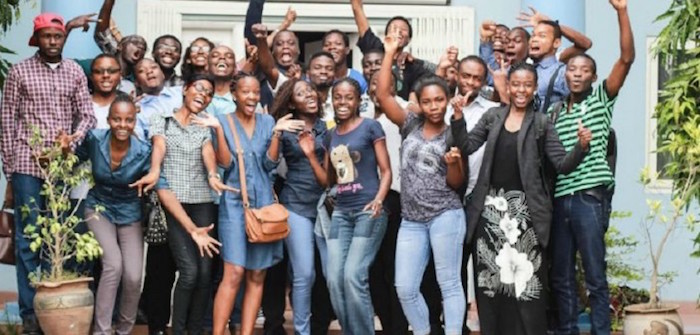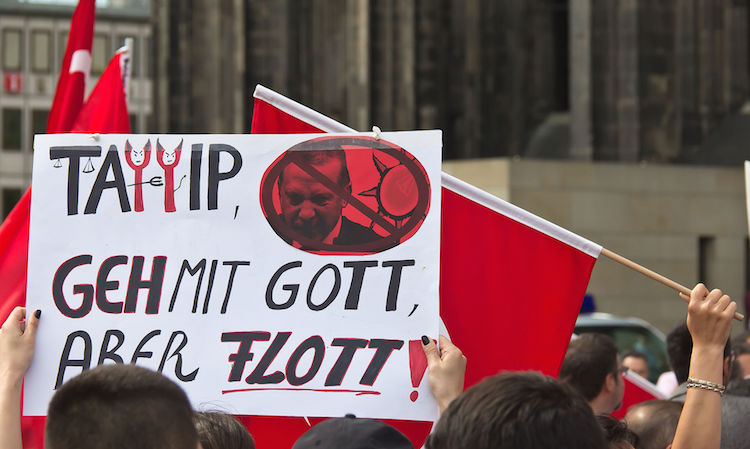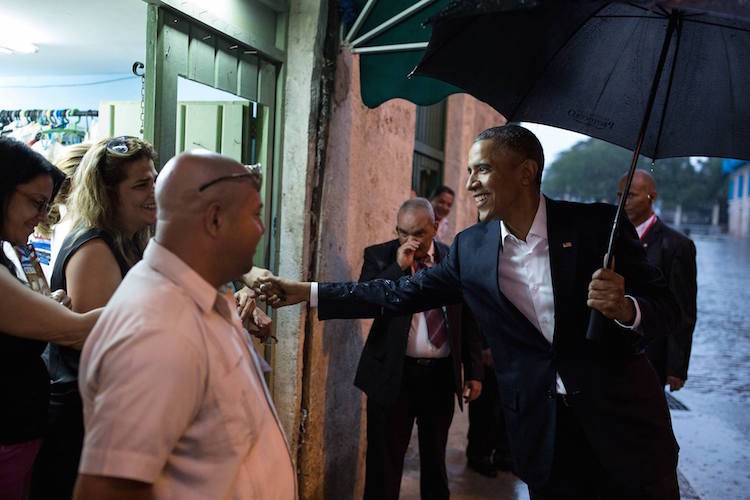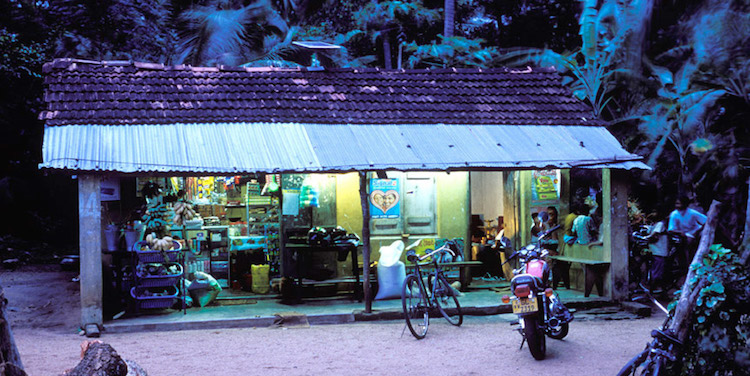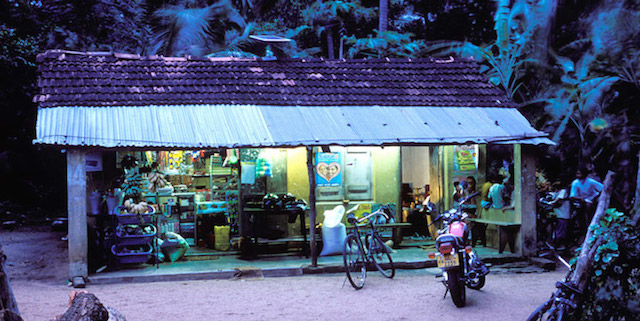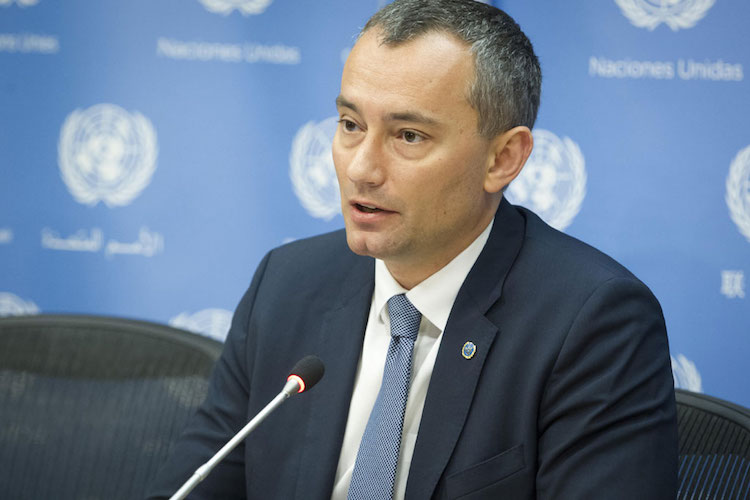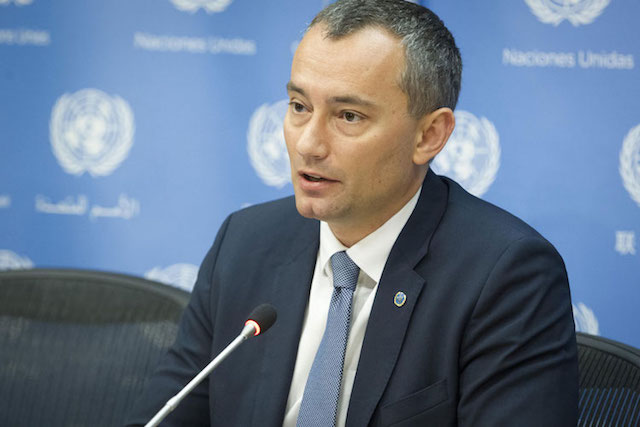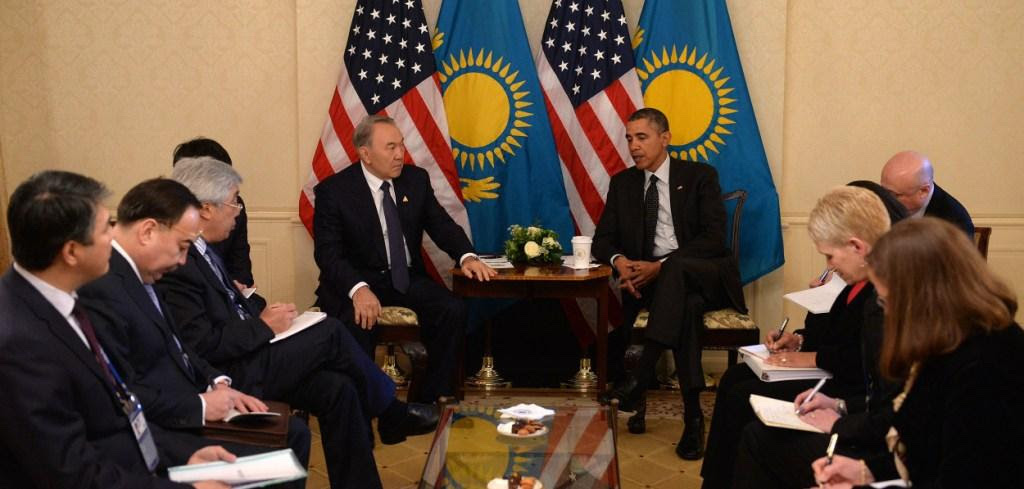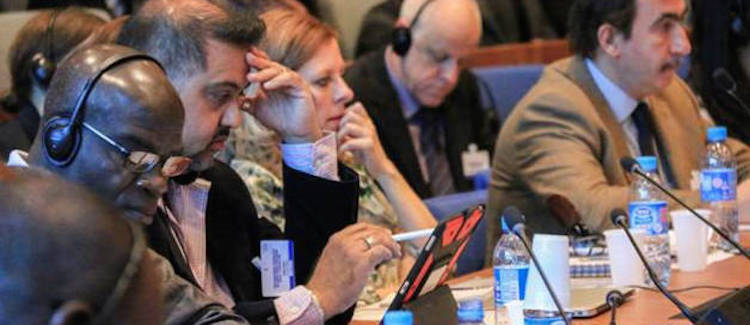NEW YORK (IDN | GIN) – Tech hubs and incubators in Africa are expected to number close to 300 by year-end, and in some surprising locations.
In 2015, Disrupt Africa, which describes itself as a one-stop-shop for news, information and commentary pertaining to the continent’s tech startup – and investment – ecosystem, reported on a new hub and entrepreneurship development centre in Somalia, the first such project to launch there.
The Gambia also saw its first tech hub open, when Jokkolabs expanded to the country launching a space in the capital Banjul.
Also in 2015, Nigerian billionaire Tony Elumelu threw open the doors for applications to the US$100 million Tony Elumelu Foundation Entrepreneurship Programme (TEEP), while Paris-based incubator NUMA expanded its operations to Africa, launching in Casablanca, Morocco.

